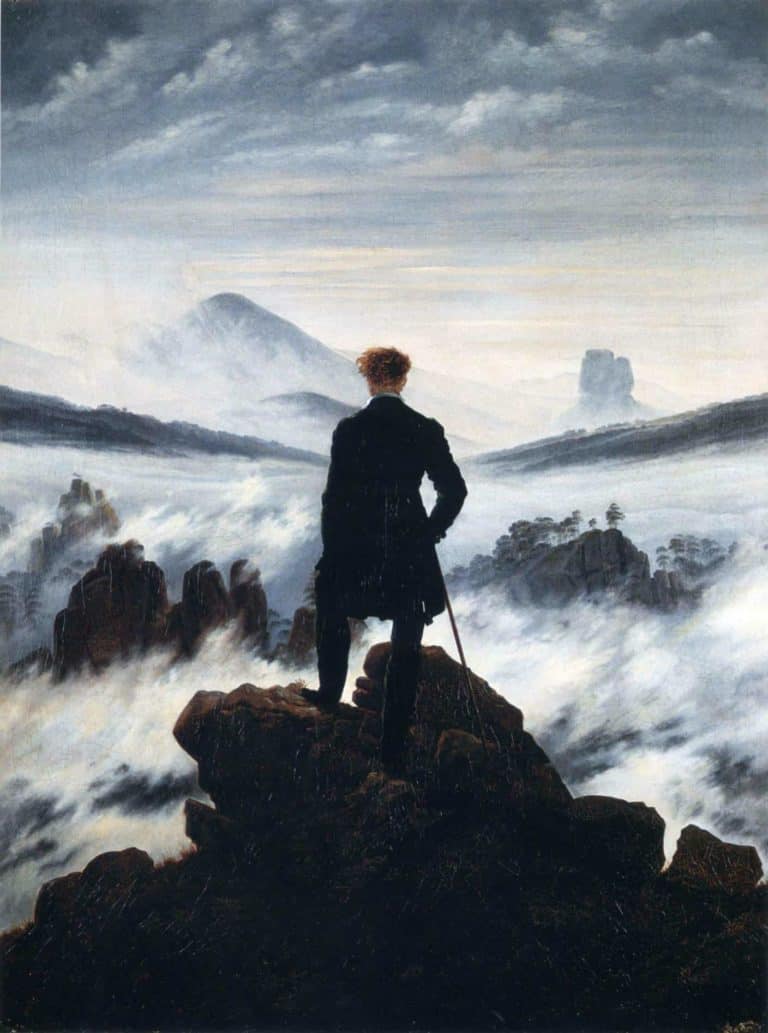Definition of Romanticism
Romanticism (also the Romantic era or the Romantic period) is an artistic, literary, and intellectual movement that originated in Europe toward the end of the 18th century and was at its peak in the approximate period from 1800 to 1850.
Romanticism is characterized by its emphasis on emotion and individualism as well as glorification of all the past and nature, preferring the medieval rather than the classical. It is a reaction to the ideas of the Industrial Revolution, the aristocratic social and political norms of the Age of Enlightenment, and the scientific rationalization of nature.
The meaning of romanticism has changed with time. In the 17th century, “romantic” meant imaginative or fictitious due to the birth of a new literary genre: the novel. Novels, that is to say, texts of fiction, were written in vernacular (romance languages), as opposed to religious texts written in Latin.
In the 18th century, romanticism was eclipsed by the Age of Enlightenment, where everything is perceived through the prism of science and reason.
In the 19th century, “romantic” means sentimental: lyricism and the expression of personal emotions are emphasized. Feelings and sentiments are very much present in romantic works.
Thus, so many things are called romantic that it is difficult to see the common points between the novels by Victor Hugo, the paintings by Eugène Delacroix or the music by Ludwig Von Beethoven.


